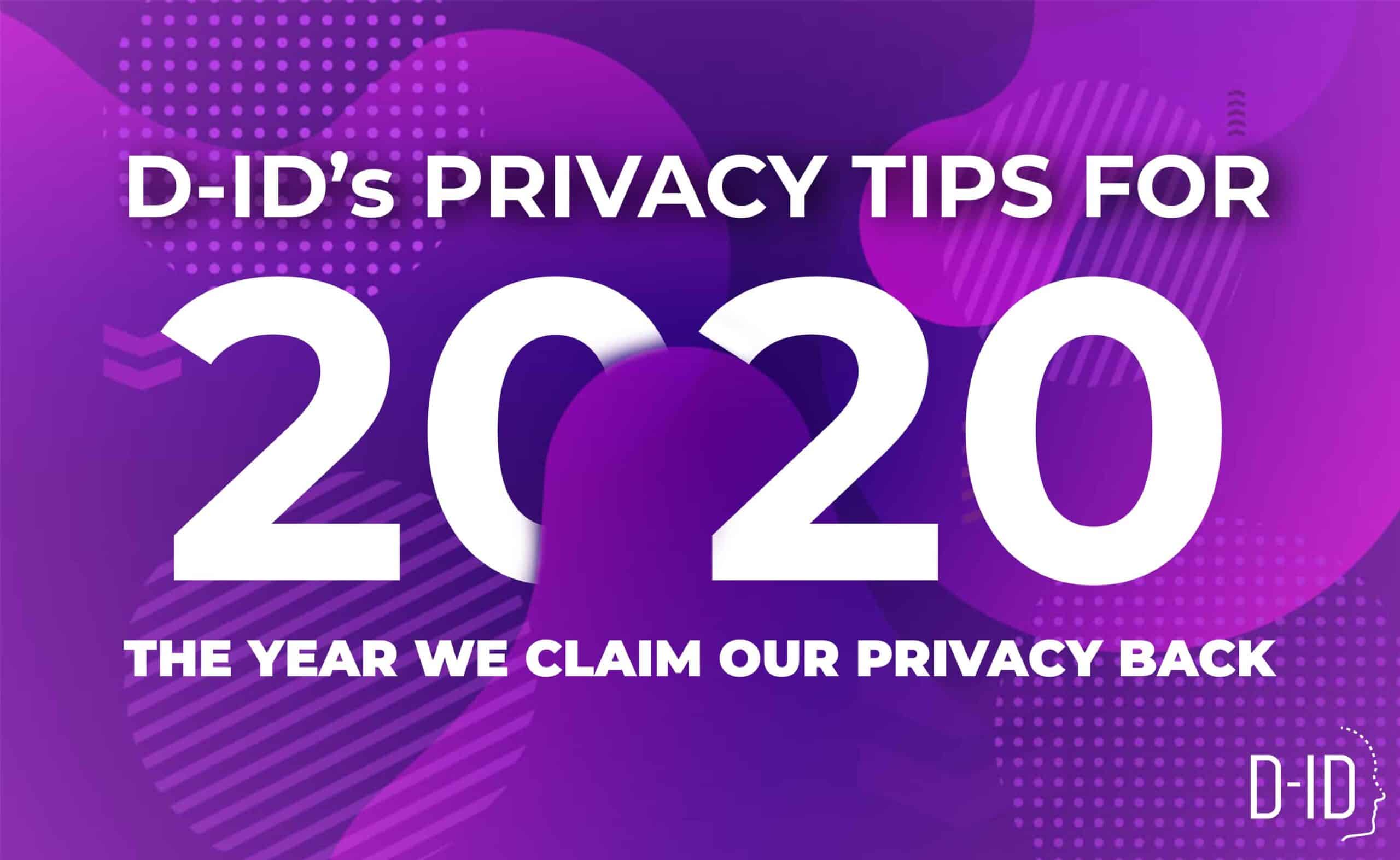2020 The Year of Privacy

Security Doesn’t Mean Privacy
One of the more confusing areas of online safety is the difference between privacy and security. One way to understand the difference would be to imagine a living room window. You want privacy, which would prevent people from looking into your home, and security, which would stop unauthorized people from entering through the window. To achieve both privacy and security, you’ll need drapes to keep prying eyes from looking into your home, and security bars or an alarm apparatus to prevent people from entering into your home.
Online engagements have a similar security and privacy dynamics. Privacy is your right to control your personal information, coupled with the right to know (and restrict) when that information is being collected. Security, on the other hand, particularly when dealing with companies that collect data, is controlled by the policies and technologies of the organization that is holding your data.
Let’s make 2020 the year we claim our privacy back. This is how we can do it:
Here are a few tips to retain privacy and ensure security while online.
D-ID’s Pro Tips to Regain Privacy Online
Maintain Your Privacy
1. Delete Cookies
Cookies are files stored on your computer designed to hold small pieces of information specific to a website. For example, a cookie might contain your social media passwords, or personal identification giving you access to your financial institution. Unfortunately, anyone with access to your computer can pose as you and access your sites.
To protect yourself, clear your cookies every week. While every browser is different, most require you to do some form of the following:
• Go into browser settings
• Click on show advanced settings
• Under Privacy, click a button related to content settings
• Select Cookies, and click the Remove All button
2. Be Careful on Public WiFi
Public Wifi networks are convenient and easy to jump onto, but they expose you to hackers, who can get between your device and the network. Once positioned there, they can capture private information that you send over the network.
You can easily protect yourself using a virtual private network (VPN) while connecting to an unsecure network. VPNs strongly encrypt your data, encouraging hackers to go after easier targets.
3. Educate Yourself
Phishing scams are getting increasingly sophisticated. Strengthen your detection skills using tools like Google’s phishing quiz. You’ll learn what to look out for in your emails, and protect yourself from accidentally handing over your personal information to hackers and scam artists.
Enhance Your Security
1. Look for Encryption
Before sending personal information across the internet, look for a padlock icon in your browser. The padlock indicates that communication between your computer and the web server are encrypted, which will prevent anyone from reading or modifying your personal information.
2. Strengthen Your Passwords
Don’t fall into the habit of using the same password across multiple sites. Instead, use a unique password for every site you visit. Use a mix of lower and uppercase letters, special characters, and non-dictionary words.
3. Know Your Website
Before sending personal information to a website, make sure that the site is actually who you think it is. Sites with misspelled domain names or random number sequences shouldn’t be trusted. For example, when receiving email from a company like PayPal, the address should have @paypal.com as a domain name. An email you receive from paypal@service-mail.com is probably a phishing attempt.
When you’re not sure, you can use online testing tools, like namecheck.com, to see if the website or email address is legitimate.
4. Private Search Engines
Private search engines don’t retain information about you, or try to resell your data to advertisers. Instead, they deliver objective search results. When combined with a VPN, you’ll have a higher degree of privacy and security for your data.
So yes, we know the difference between privacy and security can be a bit confusing.
Hopefully these tips will make it easier for you to take control over your privacy online.
Was this post useful?
Thank you for your feedback!


